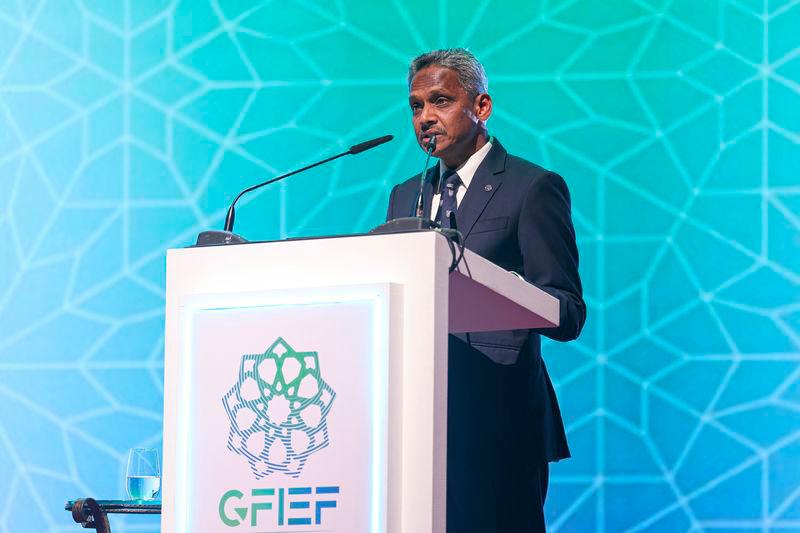KUALA LUMPUR: Bank Negara Malaysia (BNM) proposes to embody Maqasid al-Shariah in economic and sustainable structural reforms as well as to advance innovation in trade and waqf as catalysts to reinforce an inclusive and resilient socio-economic model.
The central bank also proposed to strengthen global integration to propel mutual economic development and shared prosperity among Islamic nations, including through increased intra-trade within the Organisation of Islamic Cooperation, said governor Datuk Abdul Rasheed Ghaffour.
“We look forward to efforts that will support these propositions, including closer engagements with multilateral institutions and investors, as well as initiatives to enhance the regulatory environment to facilitate the application of a more diverse range of Shariah contracts,” he said during his welcoming remarks at the Global Forum on Islamic Economics and Finance (GFIEF) here today.
He said there is a myriad of opportunities and challenges facing the global economy, whereby global trade is expected to strengthen, inflation is moderating, and positive labour market conditions continue to support global growth.
ALSO READ: Islamic wealth management industry set to evolve with changing market trends - SC
Nevertheless, downside risks remain as the threat of further escalation of geopolitical tensions persists, and higher-than-anticipated inflation out-turns might contribute to further volatility in the global financial market, he added.
“The climate crisis and environmental degradation also loom large, not only wreaking havoc in our physical world but also threatening the lives and livelihoods of many.
“It is estimated that if no mitigating action is taken, climate change could slice off up to 18 per cent of global gross domestic product by 2050,” he said.
Abdul Rasheed said these headwinds would no doubt worsen economic inequality, widening disparities not only across but within countries.
ALSO READ: Decoding digital assets through Malaysia’s syariah lens
“The principles of Islamic economics and finance hold the promise of driving value-based growth, beyond mere profit goals -- one that is balanced, progressive, sustainable and inclusive.
“Aligned with the objectives of Shariah, we are called to foster shared prosperity.
“Throughout the history of Islamic civilisation, we have observed that the adoption of Shariah principles as the guiding light has coincided with periods of unparalleled societal advancement, marked by diminishing poverty and robust economic prosperity,” he said.
The two-day GFIEF, themed “Shaping a Resilient Global Islamic Economy through Values-based Reforms”, represents a significant collaboration, bringing together over 2,300 delegates from 75 countries.









